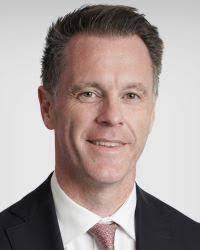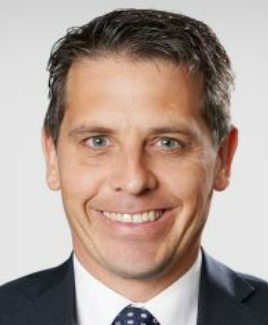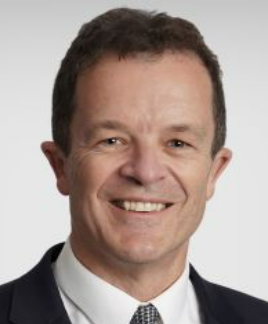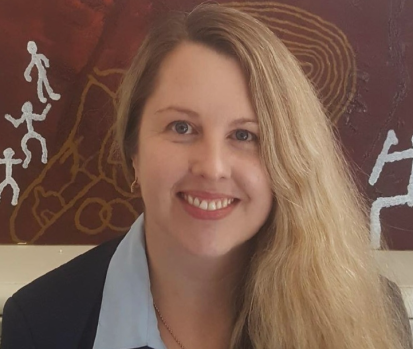New South Wales will commence pill-testing trials at music festivals across the state this summer.
While keen not to be seen to endorse illicit drug use, the NSW Government said a free and anonymous drug-checking service “will help people make safer choices”.

“The trial has a clear purpose,” said Premier Chris Minns “– to reduce harm and save lives.”
He added: “I also want to be clear that taking illicit drugs remains illegal. This trial does not change police powers, and if you commit a crime, you may be charged and prosecuted.”
The 12-month trial – which mirrors pill-testing services conducted in other jurisdictions and overseas – will allow festival-goers to get their drugs tested for purity, potency and harmful substances.

Minister for Health Ryan Park said, while there were no silver bullets, the government is open to listening to the experts and the evidence to keep young people safe during festival season.
“I’ve always said that we would evaluate areas for reform carefully, diligently and pragmatically – and that’s what this trial is all about,” said Park. “These are complex issues and we will be guided by that which delivers in the best interests of the health of the community.”
Melanie Walker – CEO of national peak the Australian Alcohol and other Drugs Council – told Government News anything that can potentially save lives is worth trying.
“We have seen drug checking and pill testing being taken up around the country. It’s something that the ACT has been doing for some years now. We’ve seen Victoria and Queensland take up the initiative, so it’s clearly a sensible, evidence-based decision to make to reduce the potential harms for young people – particularly as we go into the festival season. Anything that potentially saves young lives and makes people safer is worth trying.”
Walker told GN that, increasingly, pills are adulterated with substances people wouldn’t necessarily expect. “We’ve seen the rise of nitazenes, which are very strong synthetic opioids that have been found – not just in the opioid supply in Australia – but also now in a range of other drugs that are being sold in the context of festivals and the like. So anything that helps young people make informed decisions about whether they’re going to take drugs that they’ve purchased or not is a good thing.”
Indeed, evidence from pill-testing trials in the ACT has shown a significant proportion of people choosing to discard their drugs once they discover what’s actually in them.
“It’s an important source of information for health services as well as the police in terms of being able to be aware if there is something particularly dangerous circulating,” said Walker. “It’s really a sensible measure for a range of reasons.”

However, the NSW Liberal Party remains opposed to the initiative, with its leader Mark Speakman maintaining there was “no evidence” that pill testing saved lives. “In fact, it may encourage a false sense of security,” he said. “We need evidence-based decisions, not guesswork, and we should focus on educating young people so they can make safer choices.”
Walker strongly encourages Speakman to examine the evidence – from both overseas and Australia. “Because there really is strong evidence that these sorts of harm reduction measures do save lives and, indeed, do reduce the harm,” she said.

“We have seen in previous years really tragic deaths of young people at these festivals and anything that potentially could make them safer is something that is certainly worth a try – and the evidence does bear that out very strongly. So I hope that over time more governments and politicians will be able to look at the evidence and get on board with this.”
Addressing the view that a pill-testing service will only encourage people to take drugs, Walker told GN evidence shows that isn’t the case.
“In just the same way in making condoms available doesn’t make people more likely to have sex, making drug-checking services available doesn’t make people more likely to use drugs. What it does make them more likely to do is be safer and make more informed decisions if they are already going down that path. At the festivals – particularly in the ACT that has been at the forefront of this stuff for a number of years – we’ve seen that people have changed their behaviour.”
Encouraging young people to engage in conversations about behaviours that could be risky is a positive move, said Walker. “Whether you’re talking about sexual health or drug use, encouraging people to engage with services that can help inform their decision making in an evidence-based way can only be a good thing.”





Leave a Reply